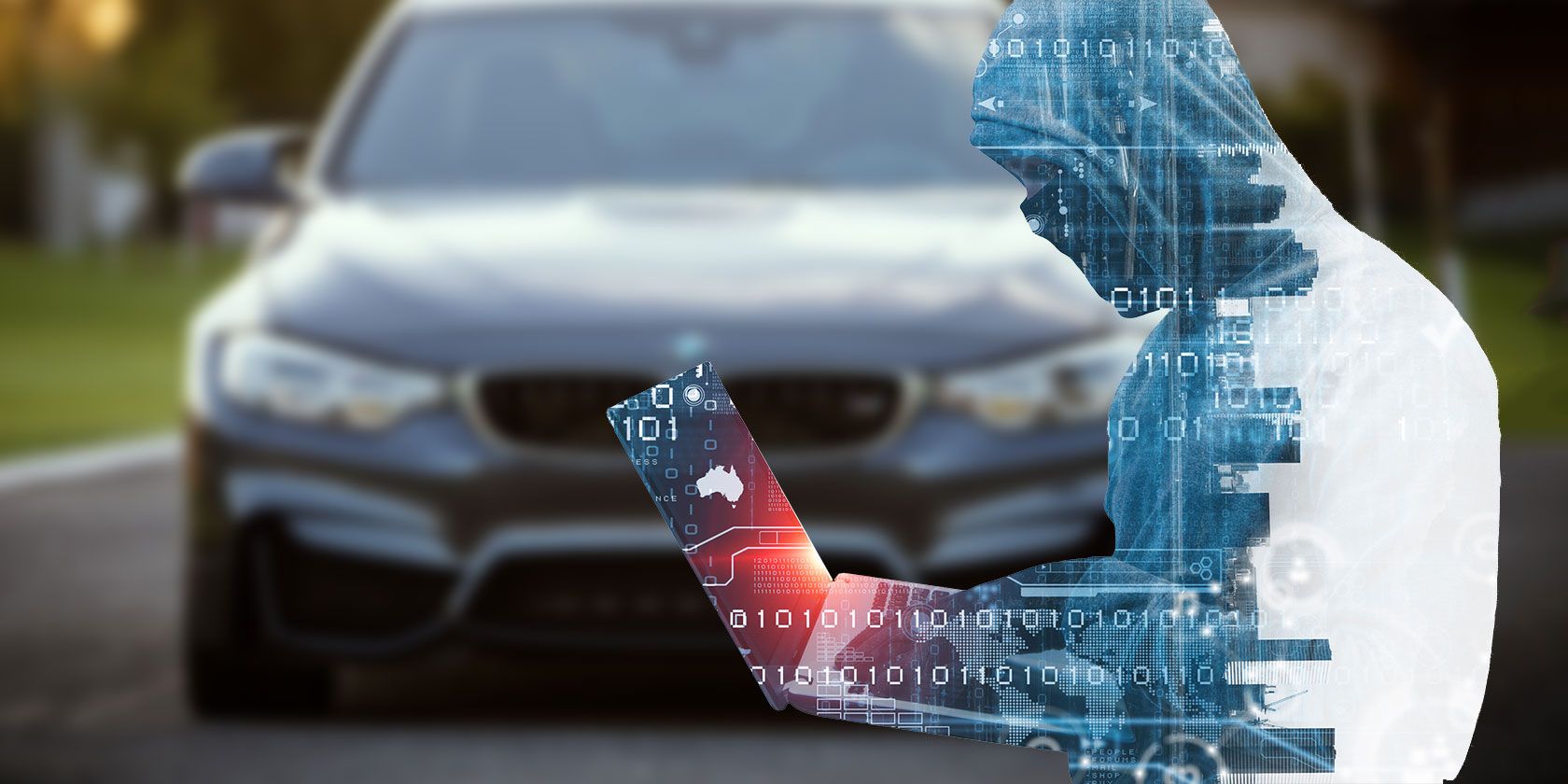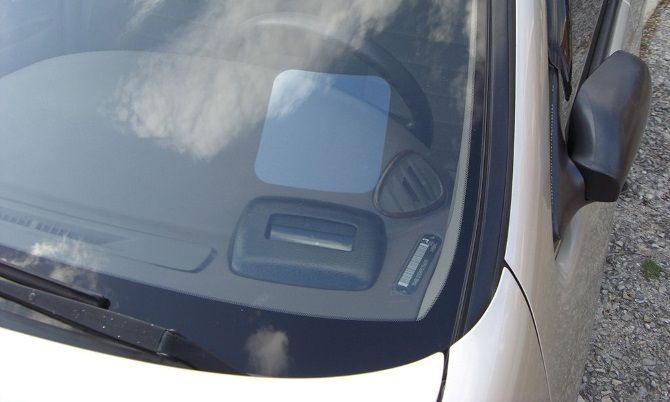You've parked your car, left valuables out of sight, and locked up. Maybe you've even activated the alarm too.
The problem is, modern car thieves don't really worry about these things. In the digital age, car thieves can use technology to circumvent all of your defenses and steal your car.
Why Do Thieves Steal Cars?
Cars are pretty affordable. While a new model will set you back tens of thousands, it's relatively simple to find an older car for $100 or less.
So why do 1 million cars still get stolen in the US every year?
While some cars are stolen so the thief can just get from A to B (perhaps as part of a different criminal activity), many are stolen and torn down to meet demand for stolen vehicle parts. Anything that can be stripped down is sold. Toyota, Honda, and GM vehicles are considered the easiest to steal, and their parts are the easiest to sell.
How exactly do they do this? In this article, we explore five ways criminals are using technology to steal cars like yours. Look out for sensible precautions you can take to keep your car, and yourself, safe.
1. Automobile Identity Theft
You know all about identity theft, but amazingly, it's not just people who are at risk: cars are too.
A vehicle identification number (VIN) is like a fingerprint for a car, motorbike, truck, etc. Every automobile has one, and the VIN is unique to that vehicle. Made up of 17 characters (numerical and alphanumerical), the string identifies the car model, manufacturer, specification, and more.
Tech-savvy car thieves can use the VIN to create a clone of your car. One way to do this is copy VINs from a car park, or find cars in junkyards and steal the VIN details. Documents and fake plates are produced, then a similar car found and stolen, and the stolen VIN applied, the car becomes the original... perhaps yours. The stolen car is now legitimate.
Another way criminals do this is to hire a car, find an identical car, and steal the VIN details. The hire car is then sold "legitimately,"" the money pocketed, and a few days later it's stolen back and returned, the original VIN details reinstated. The buyer---perhaps you---is then liable for criminal action.
How to stay safe: Keep the VIN covered up, and only reveal the information when you really need to. Only buy cars from reputable sellers, or close associates whom you trust.
2. PA Announcements and Parking Lot Attacks
Ever parked in a busy car park, and worried you might be blocking someone in? Thieves are using this neurosis to con people into returning to the car park, jumping them, and stealing their keys, before making off in the car.
All the car thief needs to do is call the venue and report that a particular car---complete with registration number---is blocking another car. The target car is typically a vehicle worth stealing, as opposed to a family car, although either is possible.
Similarly, criminals have been known to loiter in supermarket car parks, ready to strike as victims return to their cars, weighed down by shopping.
How to stay safe: Don't rush out to your car. Take your time, and check from a distance if your car is truly blocking someone in. Also, don't go to the supermarket late at night, or alone, and park close to the store entrance.
3. Car Thieves Hijack Keyless Systems
Gadgets have been developed that can be used to steal cars, by subverting the keyless ignition system. With equipment costing as little as $25, the radio signal sent to unlock and start, or lock and disable, your car's engine can be recorded, and replayed to the car.
For a supposedly high-tech solution to starting and stopping your car engine, this is an embarrassing fail by car manufacturers. Once the radio signal beamed back to your car, thieves will be able to take off in it straight away.
How to stay safe: Consider disabling radio activation. You should also install a kill switch to protect your car, stopping power to the engine (you'll probably need a specialist for this).
4. Don't Trust Fake Mechanics
You can't trust all mechanics, just as you wouldn't trust everyone who polishes or valets your car. You might want to empty your car of valuables, for instance, and disable your digital radio head unit, just in case.
It isn't unheard of for criminals with some car mechanic skills to trawl the web looking for jobs. Once hired, they keep working until a car they can profit from comes in for repairs.
With your car key already lodged with the mechanic, the thief doesn't even need to break into your car. They'll probably take a lunch break, or wait until the end of the day to take off with your car.
How to stay safe: Don't use back alley mechanics and car washes to save money. Rely only on reputable servicers.
5. Is Your Alarm Going Off at Night?
Ever heard your alarm go off at night, and disabled it to get some peace and quiet? After all, you don't want to upset your neighbors, right? While it's good to be a conscientious member of society, disabling the alarm is a mistake. After all, if you can't see why the alarm is ringing...
Thieves have intentionally tripped car alarms to force owners to disable them remotely. Once everything has quietened down, the unalarmed car can be broken into, and its contents stolen. Or the thief might just hack the ignition and drive off. If you're fast asleep, you'll never know until it's time to go to work.
How to stay safe: Leave your alarm switched on! Again, you might also consider a kill switch, or at least a removable steering wheel.
Stay Safe and Be Aware of These Car Theft Tricks
By now, you should be aware of the five key technology-related active threats to your vehicle's security:
- Automobile ID theft
- PA car park tricks
- Keyless security hijack
- Fake mechanics
- Car alarm
Take note of the precautions you can take against these risks, and share your knowledge of them. Meanwhile, don't get fooled by nonsense like "coins in door handles"---this is an urban myth, and current vehicles cannot be broken into with this tactic.
You should also be aware of the weaknesses OBD-II ports can pose to your car. Plus, even if you have a car like a Tesla, hackers are finding ways to attack connected cars.
Image Credit: SergeyNivens/Depositphotos



